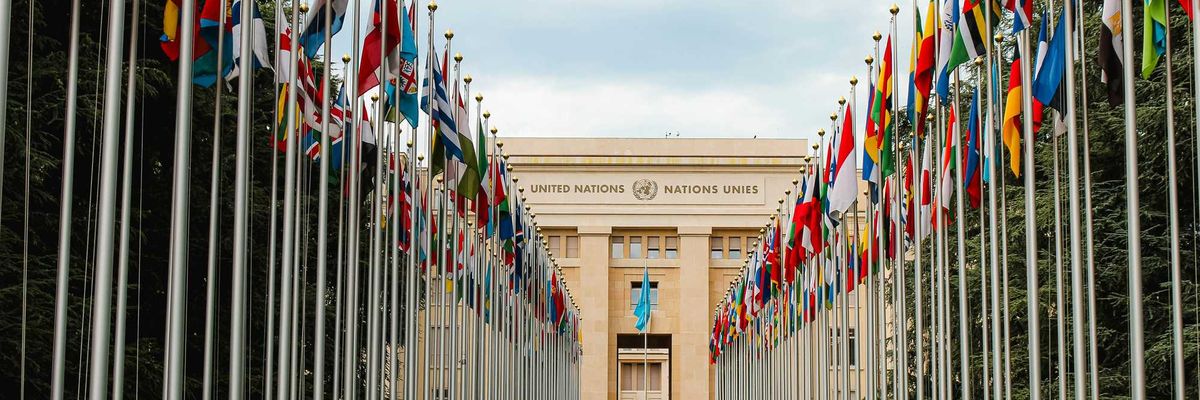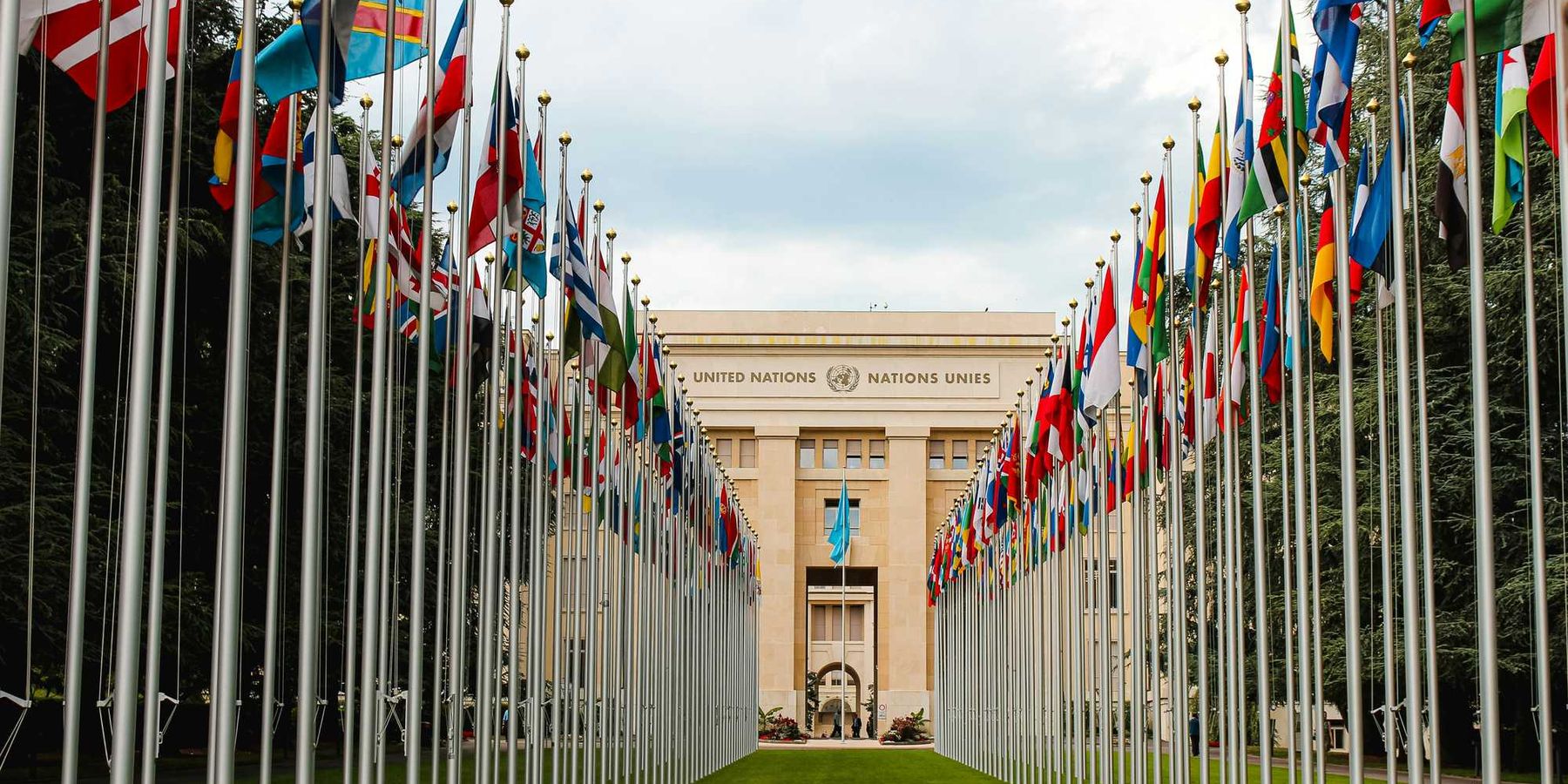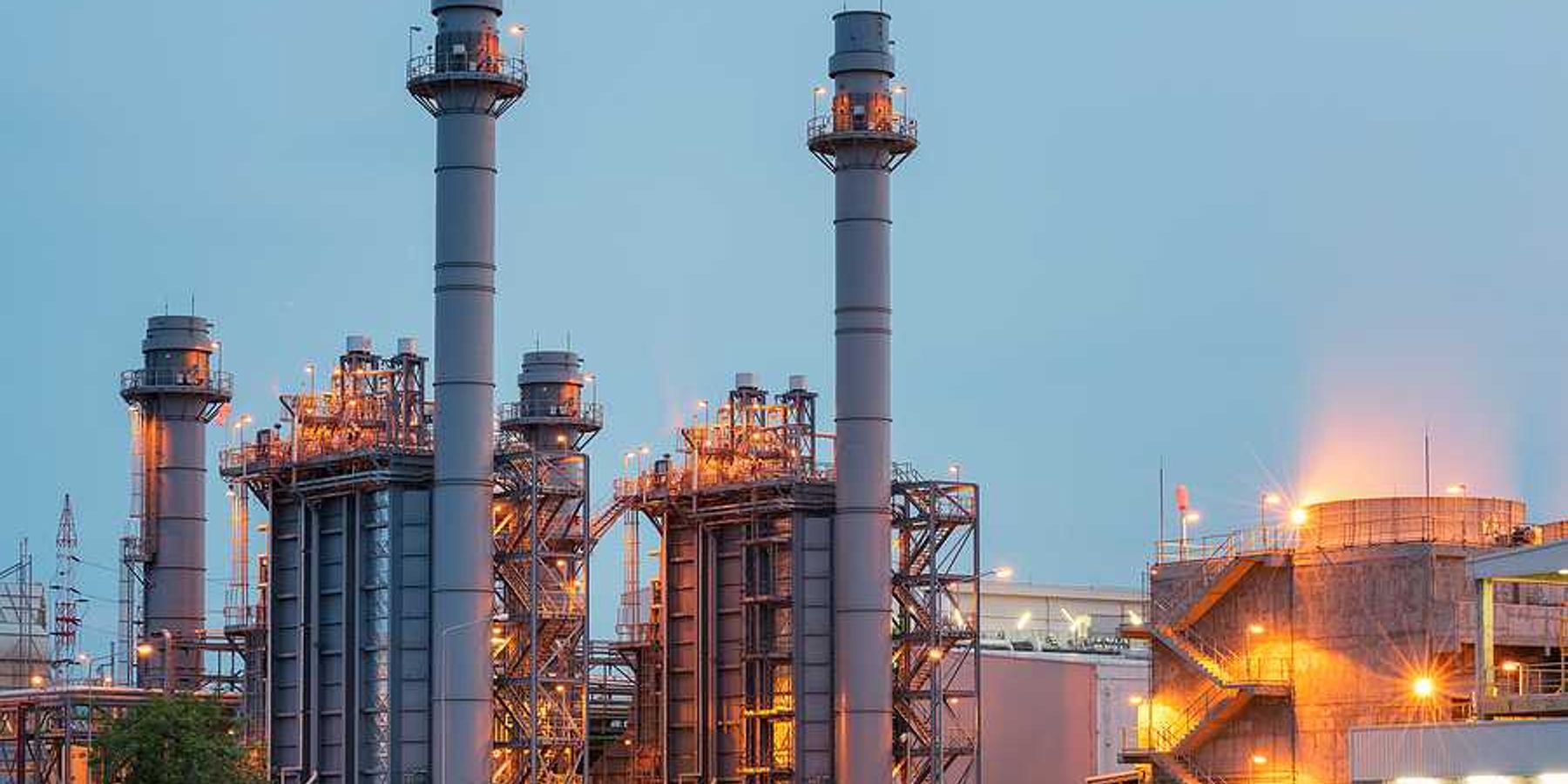washington
Report: Tribes in the Pacific Northwest face climate change funding barriers
Tribes in the Pacific Northwest struggle to access funds for climate change adaptation due to bureaucratic challenges, despite being on the frontline of climate impacts.
In short:
- Pacific Northwest tribes face severe climate impacts, like rising seas and extreme heat, but encounter bureaucratic obstacles when seeking government funds to address these issues.
- Many tribes cannot provide matching funds or staff to meet grant requirements and find that the funds they receive are limited and restrictive.
- Tribes emphasize the need for federal agencies to address these barriers and fulfill their trust responsibilities to support tribal adaptation efforts.
Key quote:
"This is a time of historic state and federal investment in climate action, and tribal priorities really need to be considered when making decisions around how we’re going to be directing this investment."
— Meade Krosby, senior author of the report by the Northwest Climate Resilience Collaborative.
Why this matters:
Coastal tribes in the U.S. face some of the most significant threats from climate change, impacting their communities and traditional ways of life. Ensuring equitable access to funding and resources is crucial for their adaptation efforts and to support broader climate resilience.
Washington governor defends climate law against repeal effort
Gov. Jay Inslee is intensifying efforts to protect Washington’s Climate Commitment Act from a repeal campaign led by conservatives.
In short:
- Gov. Inslee highlighted the Climate Commitment Act's funding for projects like wireless bus charging stations, attributing over $1 million to the law.
- The repeal effort, driven by Let’s Go Washington, claims the Act has raised gas prices significantly, hurting residents financially.
- The law, which aims to cut emissions and has raised $2 billion for various programs, could lose momentum if repealed, affecting state and national climate initiatives.
Key quote:
“If this initiative passes here, it would definitely create a freeze and slow down states, maybe even the country’s action on addressing the climate crisis.”
— David Mendoza, director of policy and government relations, The Nature Conservancy in Washington
Why this matters:
The potential repeal of the Climate Commitment Act threatens to undermine crucial environmental progress and could impede broader efforts to combat climate change on both state and national levels.
Related EHN coverage:
Hot weather poses new threat to salmon migration
Record-high temperatures in Washington state threaten the migration of sockeye salmon in the Columbia River Basin, raising concerns among fisheries managers about the future of these fish.
In short:
- A heat wave has pushed water temperatures in the Columbia River Basin above the 68-degree threshold preferred by sockeye salmon.
- The Okanogan River, a critical path for migrating sockeye, has seen temperatures near 83 degrees, risking the fish's journey to spawning grounds.
- Fisheries managers are considering interventions like trucking fish upstream to help them bypass dangerous thermal barriers.
Key quote:
“Those water temperatures are warmer than ever this year. Literally, they’re almost too warm to swim in.”
— Tom Iverson, regional coordinator for the Yakama Nation Fisheries
Why this matters:
Warmer water can severely impede salmon migration, threatening the species' survival and impacting ecosystems. Long-term climate trends could make these heatwaves more frequent, challenging conservation efforts.
Effort begins to stop Washington's move away from natural gas
Backers of a new initiative have started gathering signatures to halt Washington's push to phase out natural gas use in buildings.
In short:
- Initiative 2066 aims to repeal parts of a state law promoting electrification over natural gas in new constructions.
- The measure prevents local governments from restricting the use of natural gas in heating and appliances.
- Supporters need over 324,000 signatures by July 5 to place the initiative on the November ballot.
Key quote:
“This initiative preserves the choice of natural gas for consumers.”
— Greg Lane, executive vice president of the Building Industry Association of Washington
Why this matters:
This initiative represents a significant pushback against state efforts to reduce carbon emissions through increased electrification. If passed, it could maintain higher natural gas usage, impacting both environmental goals and energy policies in Washington.
Derrick Z. Jackson argued in 2019 that by keeping Americans focused on the climate benefits of gas vs. coal, the gas industry seeks to delay a broader debate of the deficits of gas vs. renewables.
Quinault Indian Nation plans relocation to combat flooding
The Quinault Indian Nation in Washington State is relocating Taholah village to higher ground to mitigate flood risks exacerbated by climate change.
In short:
- Taholah is currently vulnerable to frequent flooding from storm surges and rising sea levels, prompting the relocation initiative.
- The new village will be situated about a half-mile uphill, incorporating sustainable and resilient building practices.
- Financial challenges remain, with projected housing costs between $350,000 and $400,000, potentially unaffordable for many tribal members.
Key quote:
"It's almost like a geyser shooting through the rocks."
— Ryan Hendricks, tribal council member, Quinault Indian Nation
Why this matters:
As the planet warms, many locations once thought ideal for settlement are becoming untenable. The Quinault Indian Nation’s decision to relocate is a reminder of the adaptability and resilience of Indigenous communities, yet it also raises important questions about the responsibility of governmental and international bodies in supporting vulnerable populations in the face of climate change.
The trickle of climate-related migration is already upon us: The Internal Displacement Monitoring Centre estimates that 1.68 million Americans were internally displaced by disasters in 2017.
Washington enacts an ambitious carbon emissions strategy
Exploring Washington's new cap-and-trade program reveals complexity and contention.
In short:
- Washington's cap-and-trade policy is designed to decrease greenhouse gas emissions over time, touted as the strongest in the U.S.
- Critiques arise around the efficacy of cap-and-trade and its impact on disadvantaged communities.
- Despite the goal of reducing emissions to 95% below 1990 levels by 2050, concerns linger about the actual environmental and economic outcomes.
Key quote:
"We still haven’t seen a good answer for how linkage would actually lead to reduced levels of greenhouse gas emissions."
— Nico Wedekind, public interest environmental attorney at Front and Centered
Why this matters:
The potential of Washington's cap-and-trade program lies in its dual promise: reducing greenhouse gas emissions to combat climate change while fostering economic growth through green innovation and jobs. Critics, however, raise concerns about the program's effectiveness and fairness.
How joining a climate program could save Western Pennsylvania kids’ lives and lungs.
Washington's climate law faces repeal challenge despite oil industry's support
Washington state's cap-and-trade program, backed by major oil companies, is now threatened by a repeal initiative led by a hedge-fund manager.
In short:
- Washington's Climate Commitment Act, a cap-and-trade program, is under threat of repeal despite previous support from oil companies like BP.
- The program, which generated more than $2 billion for climate projects, faces opposition from Brian Heywood, who argues it contributes to high gas prices.
- Oil companies, while critical of certain aspects of the program, prefer to work with legislators for improvements rather than support its repeal.
Key quote:
"We have never been against the Climate Commitment Act."
— Kevin Slagle, vice president of communications, Western States Petroleum Association
Why this matters:
The potential repeal of Washington's climate law highlights the complex relationship between environmental legislation, the oil industry, and public perception. While oil companies show unexpected support for the cap-and-trade system, public opposition fueled by concerns over gas prices poses a significant challenge. This situation underscores the delicate balance needed in crafting effective climate policies that align industry interests with environmental goals.
Related: As Pennsylvania moves to join a regional greenhouse gas initiative, experts say it will also reduce toxics, foster healthier kids, and save the state billions. But GOP policymakers and industry groups remain opposed.









